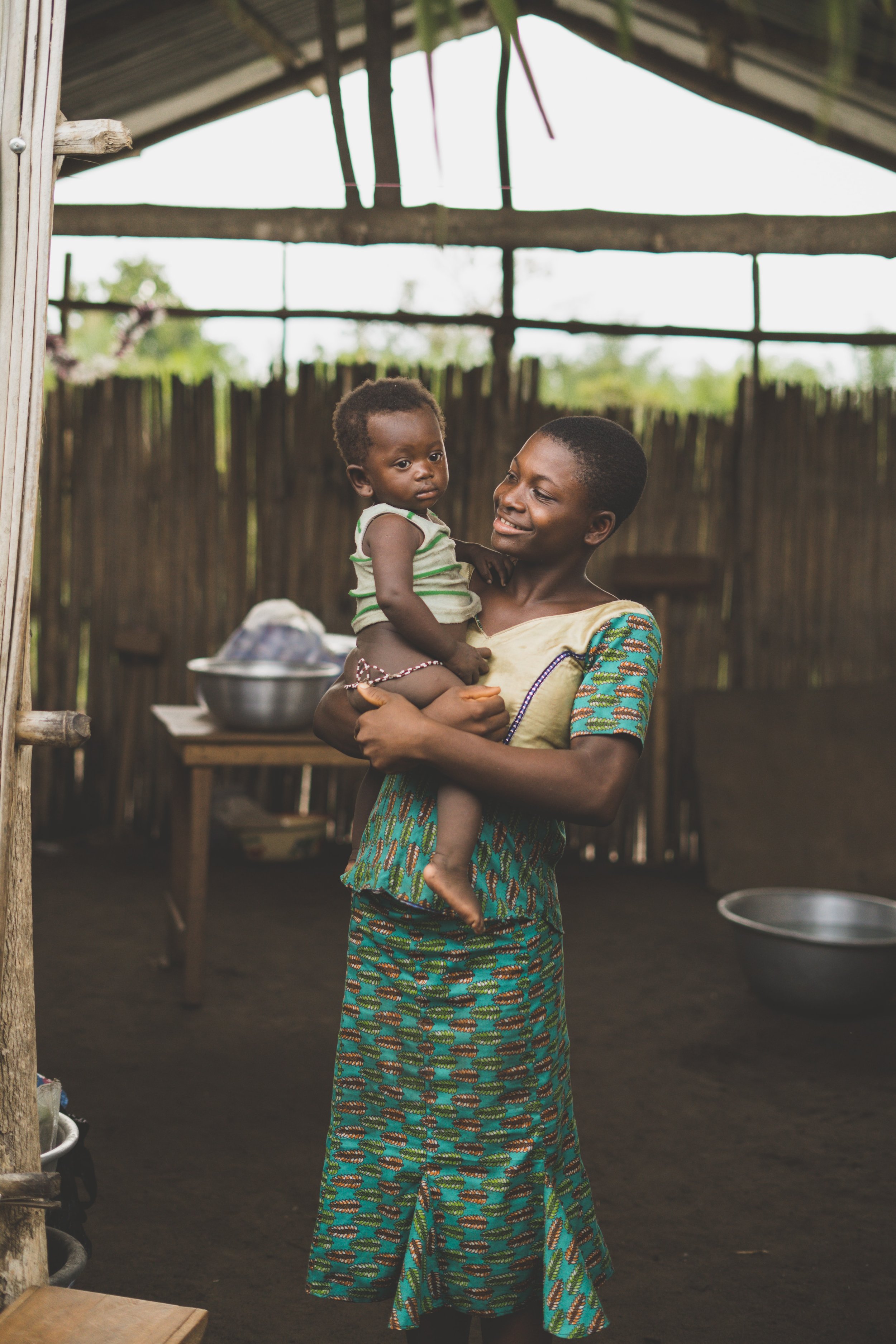
MODULE 2 - Section 1
Initial Steps
4-6 Minutes to complete section and related assignments
In this section, you will learn how to:
Plan transportation for STT
Coordinating a successful visit
Aligning Requirements between the community and the STT
Initial Steps
Every short-term team begins when a goer-group expresses interest in visiting your community.
A goer-group typically connects with us in one of two ways:
The goer-group has a conversation with you via a previous relationship and expresses interest in forming a team.
A goer-group reaches out to the organization via the Short-Term Teams Department and expresses interest in a specific location or a specific type of team. We then reach out to you.
If a goer-group connects with you directly, the first step you should take in continuing the team process is reaching out to the Short-Term Teams Department (stteams@onecollective.org) to let them know of the interested team. Regardless of how a team's interest is expressed, the Short-Term Teams Department will be able to immediately begin to help invest in the goer-group relationship, set healthy expectations for the team, streamline the preparation process, and ensure the team comes trained and ready to engage in a way that supports long-term transformation.
One of these key initial steps is to determine if the team's engagement is a win-win-win for all involved. In addition to bringing decades of experience, the Short-Term Teams Department can support you by carrying all or part of the communication and administration, depending on your capacity. With the STT Department guiding the team with leadership coaching calls, an online portal and numerous resources, you can focus your energy on pre-community relationship building with them and the logistics and details related to the team’s visit in-community.
Team detailS Approval
For both the goer-group and the community, one of two important items to see if a short-term team is going to work are the logistics.
There are three primary details that need to be addressed for both the goer-group and the community, with a fourth highly recommended.
Agree on dates that work for both (an approximation of dates will work initially, if needed)
Agree on the approximate # of team members (a range often work initially until recruiting is completed)
Cost of the short-term term team
The focus of the team during their visit
Team requirements & Goer Approval
Just as it is importantly to make sure things align logistically, the same is also true relationally. The goal in vetting a team then is to be sure the goals of a goer-group support the vision of the community. It is also a good time to get to know the goer-group organization and team leader to share that vision of a short-term team with them.
The aim for every team that comes through the organization is that they will embody a listener-learner mindset that is flexible, along with a desire to right-size their short-term efforts toward long-term transformation. As we seek to find like-minded goer-groups, below are the requirements for a team through the organization.
Accept that as an organization we follow the ways of Jesus
Open to and willing to learn more about healthy community development, especially as it applies to the short-term team process
Appoint a qualified Team Leader
Complete all required STT organizational documentation (more on this in Section 2)
Engage team training (more on this in Section 4)
Understands the need to meet financial deadlines in a timely manner
Follow community parameters for a short-term team (i.e. min/max number of team members, team focus that compliments long-term transformation, etc.)
While not required, it is ideal if they embody potential for partnership
Team Details and Goer Approval are often happening simultaneously.
Tips:
To ensure that a goer-group is a good fit to serve and enter into a community, the Director of Short-Term Teams will seek out a vetting conversation with the group during/shortly after the team details are approved between the goer-group and community.
The Director of Short-Term Teams will share the organization's approach to community development and share the team process, including the need for the team to be trained prior to arriving.
At the same time, the Director will be ensuring the goer-group is ready to embrace a flexible, teachable, listening posture throughout the process.
The Short-Term Teams Department will then confirm with the host-community that things are ready to proceed. If needed, any concerns, or recommendations to not proceed, will also be shared. While the latter is rare, it is important to set the stage well for a short-term team from the beginning.
This vetting conversation is primarilv for new goer-aroups to the organization/host-communitv. However, a host-community is welcomed to ask the STT Department to have a conversation with a previous partner to have a similar conversation to set/reset expectations for the team process.
Team Registration
In conjunction with the previous steps, the Short-Term Teams Coordinator will create a team registration document to pass along to the short-term team. The Team Registration Document contains all the agreed-upon team details, including trip dates, approximate number of team members, and per person and team cost totals. Additional deadlines are also included for the team deposit, advance payment (if necessary), final payment, team recruiting deadline, team meetings start date, etc.
This document also outlines the organization’s financial policies, as well as, setting expectations for such items like background checks, training, airfare, etc.
Once the team details are decided by the host-coordinator and the STTs Department, the team registration document is created by the STTs Department and sent to the goer-group. At this point, a team is registered and is now an official team. Your STT is now ready to begin the team preparation process!


